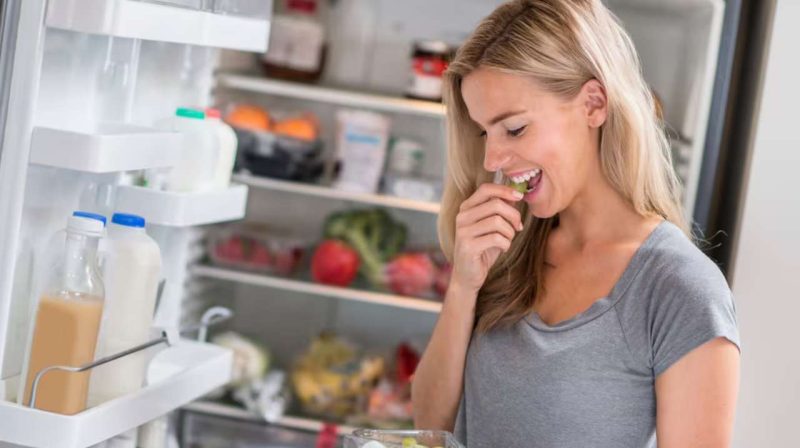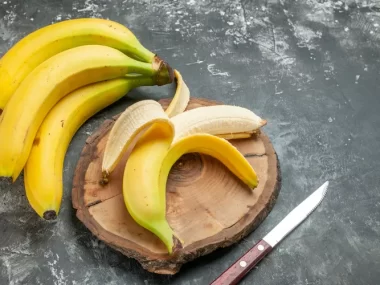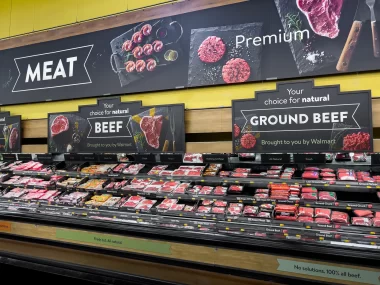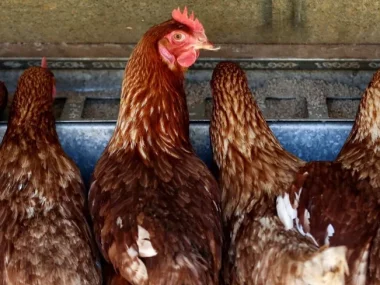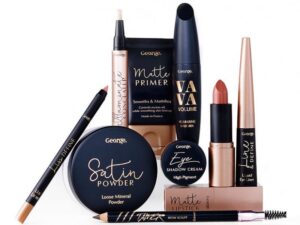Surprisingly, eggs and cake are on the list
Yes, they will taste better – and even stay fresh longer! – at room temperature. Here is a list of products that are best kept in a regular cupboard or on a kitchen shelf.
Bread
Never store bread in the refrigerator. The starch molecules in bread crystallize very quickly at low temperatures, so bread goes stale much faster in the refrigerator.

“Store-bought loaves should be stored in an airtight plastic bag at room temperature, not in the refrigerator. Bread, which is usually sold in a paper bag, should be removed, wrapped tightly in compostable film or beeswax packaging and stored at room temperature. A bread box made of wood is another great option (our ancestors definitely knew something!),” says nutritionist Victor Nicolas.
Onion
You might think that since onions are a vegetable, they belong in the refrigerator, in the bottom salad drawer. But in fact, it is better for onions to be in a dry, ventilated place. Plus, if you keep your bulbs away from other foods, they won’t spread their strong smell where it’s not wanted (there are hardly any fans of any Cipollino-flavored milk here).

“Make sure you store them in a dark place or they will sprout. If you only intend to use half of the onions you have for the foreseeable future, simply chop the rest as usual and freeze in an airtight bag,” advises Elena.
Garlic
There is nothing wrong with storing garlic in the refrigerator; it itself miraculously survives any low temperatures. But other products may become too saturated with its characteristic spirit – and while this will only benefit sausages, it is unlikely to benefit chocolate candies. In short, garlic will thrive in a dry, ventilated area.
Avocado
There is a twofold situation here. Any avocado lover knows that there’s very little time between when they’re still rock-hard and when they quickly turn into a nasty mush. Storing avocados in the refrigerator is a surefire way to solve this problem by slowing down the rate at which they ripen.
“Store them in open brown bags, and when you want to speed up the ripening process, put them next to the banana. However, after cutting, it is best to store the avocado in the refrigerator in a food container with a lid,” says Victor Nicolas.
Tomatoes
They taste best at room temperature, but when cold they also lose about half of their beneficial qualities. “So take them out and keep them on the kitchen counter out of direct sunlight,” explains the nutritionist.

Honey
Honey is a natural preservative and does not require refrigeration. Additionally, if honey is too cold, it becomes hard and difficult to spread. Put it back in the closet!
Cupcake or cookies
If your cake has no filling or frosting made from cream or other wonderful and tasty things, then it is probably called a cupcake. And now it can be stored in an airtight container for about three days. The same goes for cookies.
Melon
If the melon is whole, keep it outside in a bowl. Once you cut it, wrap it tightly in plastic wrap, wrap it in beeswax, or place it in a large food container and store it in the refrigerator. The same goes for mangoes and peppers.
Coffee
Whether beans or ground, coffee should never be stored in the refrigerator as it easily absorbs odors from other foods. Store it in an airtight container. Unless you want to get rid of the aroma of sour milk, which someone carefully left in the door two weeks ago…
Eggs
Most people rush home with freshly purchased eggs and immediately put them in the refrigerator. And so do we. And in vain (unless you buy fifty at once, living in a country with a very hot climate). Probably, egg cells are built into refrigerators by default just for such cases.

“Storing eggs at room temperature is perfectly safe as long as you have a normally cool kitchen (ideally, eggs should be kept at around 20°C, according to official expert advice). Not to mention, you’ll get better results when baking or boiling with eggs at room temperature!” says Nicolas.

